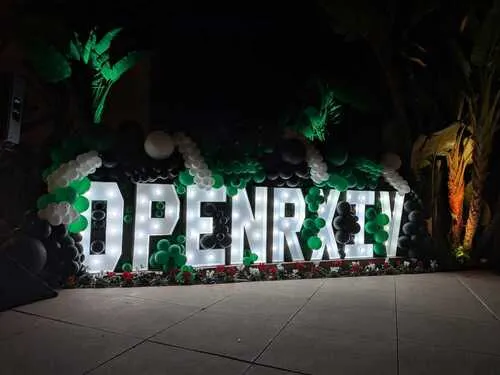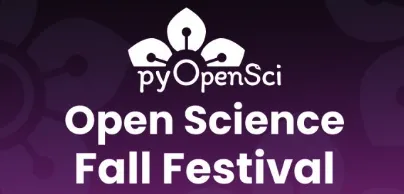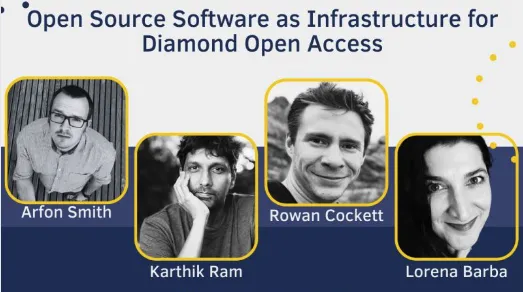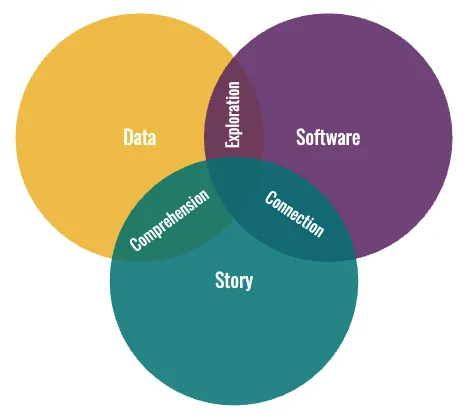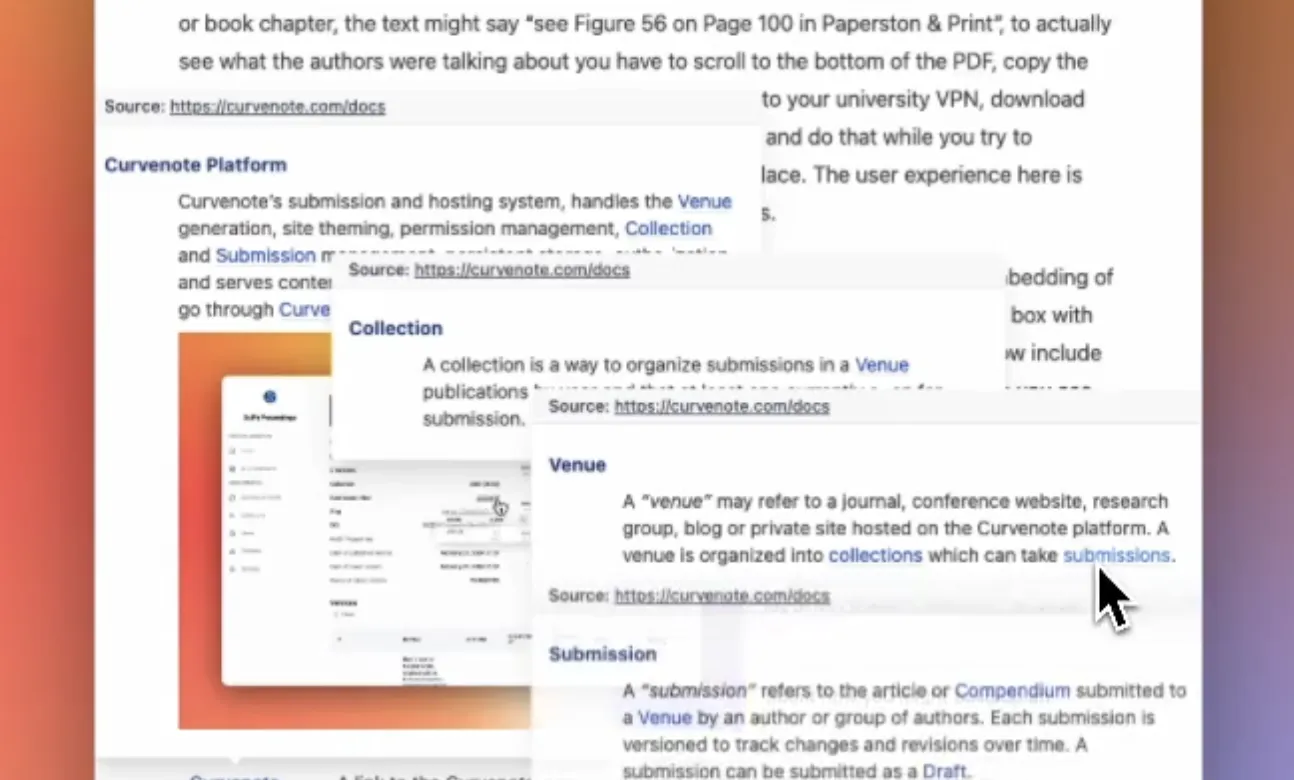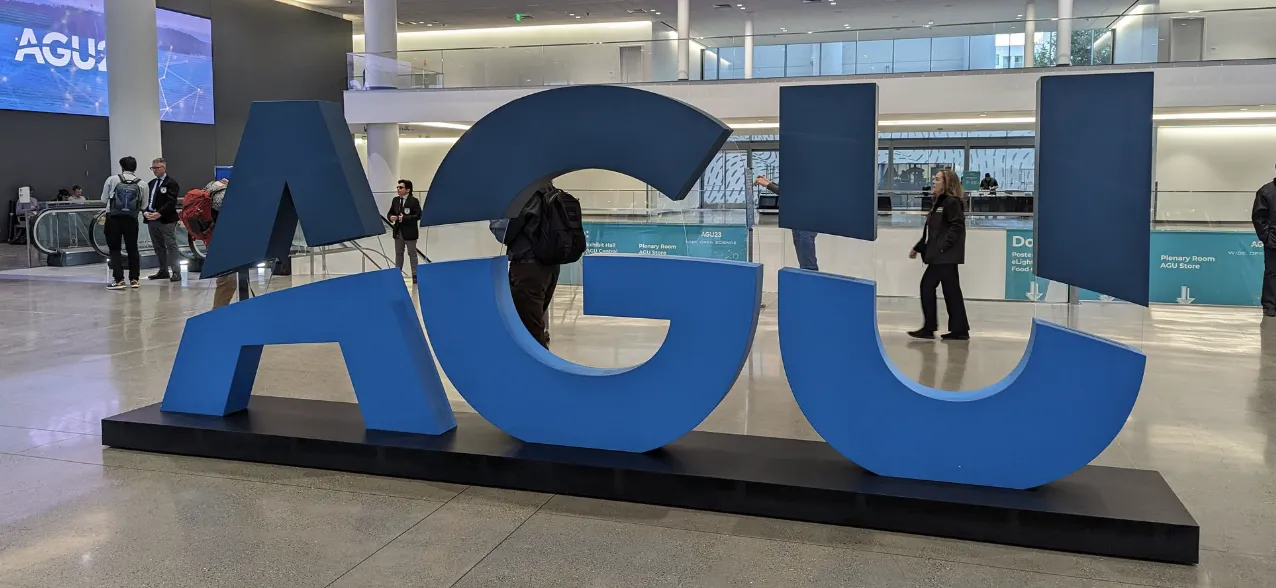Reflections on 2020
Can we cure cancer with a PDF?
Research techniques have evolved, but our tools for communicating and collaborating have not. We aim to unify scientific research, education, publishing and software, by providing a platform where scientific ideas can be developed and published in an interactive and accessible way.
Why are we still using WordDocs with unlinked, static images of data to collaborate on globally critical science? Why are we scratching out our ideas about rising ocean temperatures and cures for diseases in PDFs and stashing them behind paywalls? We should be cultivating ideas in a medium where they can be easily interacted with, shared, discussed, and rapidly advanced; iooxa makes this possible.
Our “Roadster” looks similar to Notion or Confluence, but with a focus on computational integrations and scientific publishing. Our approach is to create small, meaningful “blocks” of content (e.g. figures, equations, paragraphs, code) that can be composed into traditional, linear documents or pulled apart and rearranged. These blocks align to how Jupyter Notebooks are used in data science and iooxa can track experimental progress and import interactive outputs into reports, documents, presentations, and whiteboards.
Difficult problems that are globally relevant and urgent - like climate change, pandemics, and water security - require us to radically rethink how we share knowledge and work on scientific breakthroughs. Our moonshot is to accelerate scientific discoveries by modernizing how scientists share and work.
We aim to replace the traditionalists in the publishing industry with a service-based model. We will play a different game than Elsevier, which is struggling to adapt to the rapidly changing landscape of open-access. We take inspiration from other industries, like software deployment, which shows that transforming how you work can increase speed by 46x while also decreasing failures by 7x.
We are frustrated by the slow, closed nature of scientific research and publishing and the negative impact this has on the relevance and pace of scientific breakthroughs. A purpose-built platform like iooxa accelerates, deepens, and multiplies the collaborations needed to answer humanity’s many challenges. This moonshot will require building new mediums to compose ideas as well as complex coordination between research, education, and publishing.
Can a PDF do any of that?
